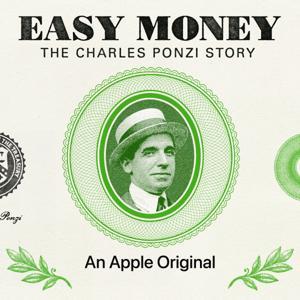There is a gap between what young people want from their careers and what they get. We’ve spent months trying to understand this white space, and we've distilled our learnings into a brand new careers podcast from the newsroom of The Ken!
The first two years of our careers are hard. They are exciting and full of possibilities, but also frustrating and anxiety-inducing.
Every interaction, every assignment, and every initiative seems to hold promise and uncertainty in equal measure.
Do you have to love your job? Must your colleagues also be your friends? Is it okay to feel restless after just six months? Did your boss offer you feedback or criticism, and does the difference matter? Is it okay to be seen as ambitious? Can finding a great mentor help you grow faster? And just what is the right level of cool to wear to work?
Perhaps you were lucky enough to land your “dream job” during placements, but the reality of any job can be daunting even in the best of times.
No wonder a large majority of graduates end up quitting their first jobs in the very first year or two.
You’d think companies would pay the same level of attention to welcoming, nurturing, and mentoring their young first-time employees as they did to hiring them on campus. (They’re busy with other things).
The First Two Years is a new early careers podcast from The Ken, hosted by Akshaya Chandrasekaran. Think of it as a friend that will ask—and answer—the most important and interesting questions about learning to succeed at work.
Sure, you will hear accounts of crisis, failure, turnaround, and triumph from young professionals in their early 20s. But we also promise you that right mix of humour, awkwardness, wit, and cool that is equally important.
You can call us TFTY. Follow us on Spotify and Apple to get notified when our first episode drops – trust us, you don’t want to miss us.


































